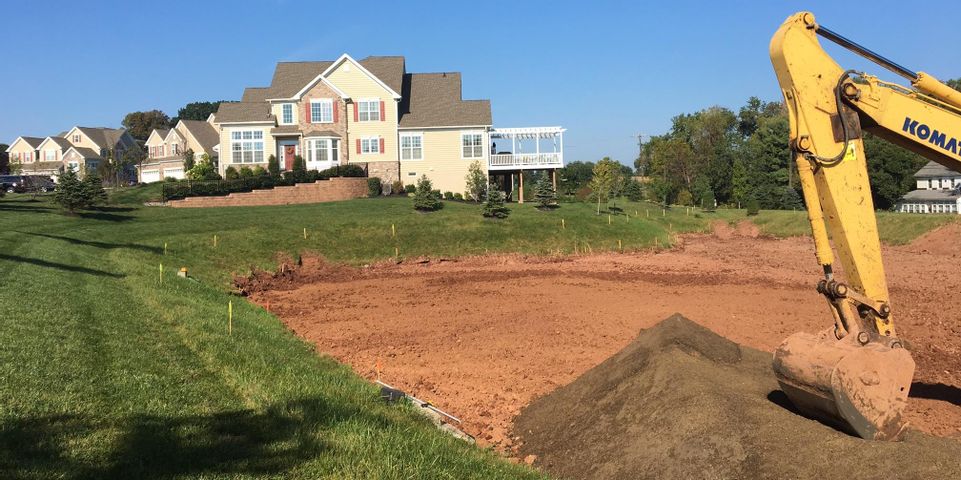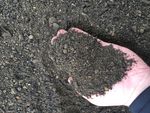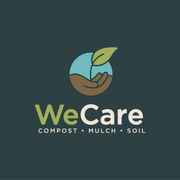
Whether you’re planting annuals or designing a large landscape construction project, the quality of the soil greatly affects the success of your project. For planting, you want rich, balanced planting soils with lots of organic matter full of nutrients. Some of your senses — touch, smell, and sight — can tell you a lot about the soil you’re working with.
How Much Organic Matter Is Present
 Based on its look and smell, you can tell how much organic matter is present in soil. Dark soils suggest a heavy organic matter content that’s ideal for planting soils, providing the nutrients plants need to survive. Lighter soils, like tan or reddish brown colors, have a lower organic matter content. To accurately gauge this, dig a hole at least a foot deep and compare the base color in the deepest part to the colors near the surface. You may need to dig deeper to reach a different soil color. It’s ideal to have roughly a half-foot layer of dark, rich soil near the surface for planting.
Based on its look and smell, you can tell how much organic matter is present in soil. Dark soils suggest a heavy organic matter content that’s ideal for planting soils, providing the nutrients plants need to survive. Lighter soils, like tan or reddish brown colors, have a lower organic matter content. To accurately gauge this, dig a hole at least a foot deep and compare the base color in the deepest part to the colors near the surface. You may need to dig deeper to reach a different soil color. It’s ideal to have roughly a half-foot layer of dark, rich soil near the surface for planting.
Your sense of smell can also indicate the organic content of the soil. Your soil should smell sweet and earthy, indicating a healthy organic matter. If your soil smells like rot or ammonia, it’s suffered a lack of oxygen or drainage. Adding engineered soil or compost is a reliable way to replenish the organic matter in your soil.
What the Composition of Your Soil Is
The texture of your planting soil is determined by the composition. Soil is made up of sand, silt, and clay. Take a few tablespoons of soil and mix it with a little water, then roll it into a ball. If there’s a lot of sand in your soil, it won’t stick together well. Soil that’s too sandy isn’t good for most types of gardening and planting, but adding organic matter will help. Compost will allow a sandy soil to retain more water and supply sufficient organic matter for plant growth.
How Compacted the Soil Is
Soil compaction describes how resistant and supportive the soil is. For plantings, you want little compaction, or water won’t be able to move freely throughout it. To determine this, take a handful of soil and notice its texture. If it crumbles freely, it has little compaction and is good for gardening.
Since their opening in the 1990s, WeCare Organics has been providing customized and efficient soil and composting solutions for , site contractors, excavators, construction crews, landscaping teams, developers, and other industry workers from California to New England. Throughout the years, they’ve become one of the leading organics and residuals management companies in the Northeast, merging with Denali Water Solutions in 2016 to become one of the largest organics companies in the US. Their high-quality compost and soil products include planting soils, compost options, customized green roof soil, engineered soils designed specifically for your needs, and more. Whether you need custom-engineered soils or rich, organic compost, they have a variety of dependable, effective options waiting for you. Learn more about them online or call (888) 325-1522 if you have questions.
About the Business
Have a question? Ask the experts!
Send your question

